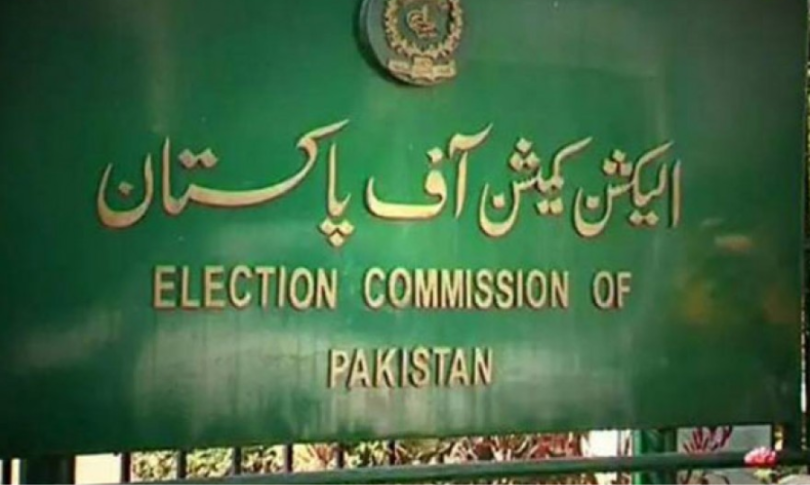
Media Matters for Democracy (MMfD), our member in Pakistan, has published a letter to the Election Commission of Pakistan to curb the spread of election-related online misinformation and ensure implementation of the Code of Conduct (CoC) for political parties in online spaces. We are republishing their letter here, in the context of political and religious violence in the country.
Islamabad, 5th July 2017: Keeping in view the rising cases of deliberate online misinformation and incitement to political and religious violence in online political campaigns, MMFD has requested the ECP to ensure the implementation of CoC for political parties in online spaces, and take measures to counter election-related misinformation.
The letter calls upon the Election Commission of Pakistan to acknowledge the potential of abuse of social media platforms to impact General Elections 2018, and take measures to counter it. “Free political expression is the most essential part of democratic societies and processes, and it is up to the Election Commission of Pakistan to ensure that during the General Elections 2018 there is complete transparency around the use of social media platforms by political actors. The ECP also has a responsibility towards the citizens of Pakistan to ensure that the voters are not being misled by the deliberate spread of misinformation”, it reads.
It requests the ECP to initiate a special cell to monitor the election campaigns in online spaces to ensure that political parties are abiding by the CoC and to connect with platforms like Facebook and Twitter to understand how corporations have worked globally with other elections commissions of the world.
Request to ensure implementation of the Code of Conduct for political parties in both online and offline spaces, and to curb the challenge of election-related digital "misinformation"
General Elections 2018 are being held in a very different information environment. With 3G and 4G access and the lessening cost of Internet access, far more people are now digitally connected than ever before. In this information ecosystem, the role of Information and Communication Technologies, in particular, social media platforms like Facebook and Twitter, and networking and communication tools like WhatsApp cannot be overstated. Political parties are increasingly using Information Communication Technologies as a vital part of their electoral campaigning and outreach strategy.
These platforms offer great potential for political campaigning and expression. At the same time, they are also being extensively used by various actors as a tool to spread misinformation. The potential impact of the misuse of these platforms has been demonstrated in various elections and electoral processes around the world, including the United States of America, India, and the United Kingdom.
Since then, Facebook has acknowledged the potential for misuse of the platform to have an impact on elections in Pakistan. We have already seen instances of misuse of social media platforms by both political and non-political actors to initiate hate campaigns that include incitement to violence. The credibility of elections is very much linked to the transparency around the electoral process. The abuse of social media platforms by political parties and any consequent violence and the spread of misinformation related to the electoral process can be seen as pre-poll rigging, and bring the integrity of the political process in question.
The free political expression is the most essential part of democratic societies and processes, and it is up to the Election Commission of Pakistan to ensure that during the General Elections 2018 there is complete transparency around the use of social media platforms by political actors. The ECP also has a responsibility towards the citizens of Pakistan to ensure that the voters are not being misled by the deliberate spread of misinformation.
In this context we request you to;
-
Initiate a monitoring program within the ECP to keep track of political campaigning online in order to ensure that political parties are abiding by the guidelines provided by the ECP in both online and offline spaces.
-
Take emergency measures to ensure that voters have easy access to authentic information about the electoral process so that they are less likely to be affected by the spread of misinformation.
-
Take action against any political party/candidate who is involved in deliberately spreading misinformation with an intent of political gain
-
Connect with platforms like Facebook and Twitter to understand how the corporations have worked with election commissions in different countries and operationalise a conducive plan with the platforms to curb election-related misinformation in Pakistan.
We hope that the Election Commission of Pakistan and your esteemed self will consider our recommendations.
Sincerely,
Sadaf Khan
Co-Founder Media Matters for Democracy
Pakistan